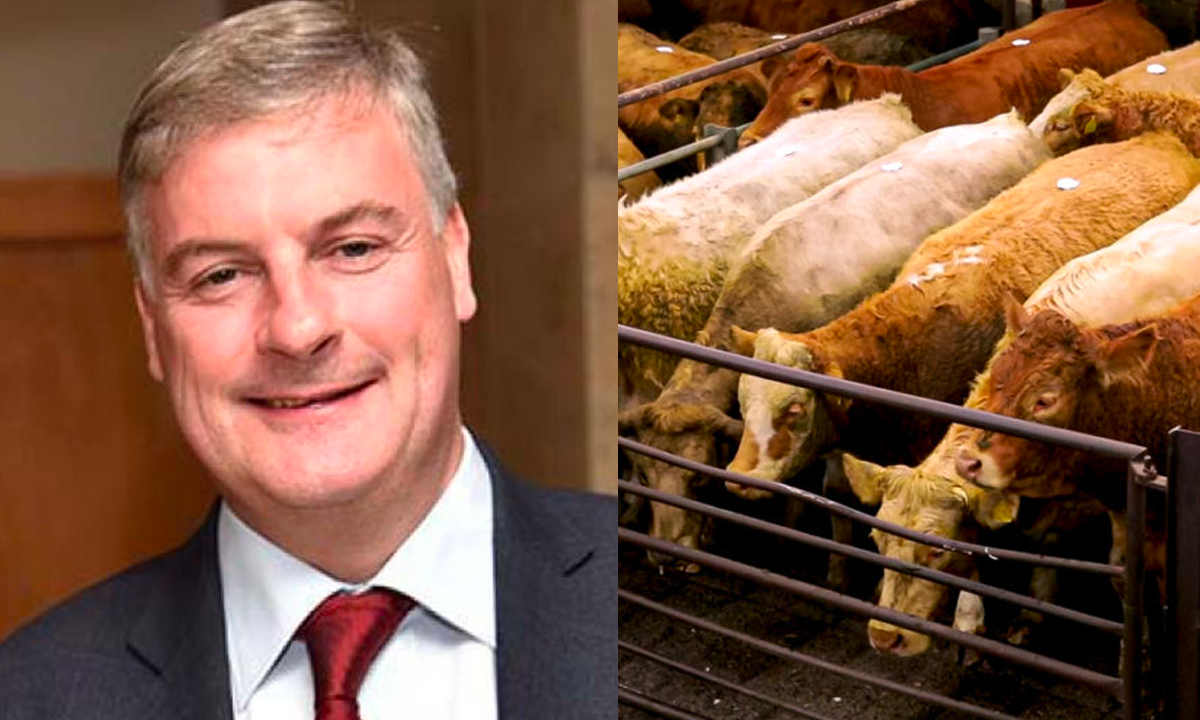Processors and retailers have been called on to “face the reality that by early 2022, beef price is going to have to be least €5/kg”.
The chairperson of the Irish Cattle and Sheep Farmers’ Association (ICSA) Beef Committee, Edmund Graham, has made the call and said “retailers will need to reflect this also”.
Graham outlined that the “spiralling cost of inputs means beef prices will need to move to €5/kg quickly”.
He explained: “Prices for key inputs involved in the production of beef are going through the roof and showing no signs of easing up.
“Pressure from increased costs is coming from every angle with the cost of fertiliser predicted to double, and fuel and feed prices going up.
“The only chance we have is for prices to increase in line with these increased input costs,” Graham stressed.
The chair of the ICSA Beef Committee continued: “Teagasc too have said winter finishers will need over €5/kg to secure some margin of a profit come the spring.”
Teagasc’s beef specialist, Aidan Murray, recently outlined that over €5/kg beef price will be needed next spring in order to secure a €50/head margin on a continental steer winter-finishing system this year.
“I would argue that even at €5/kg we will be lucky to break even, given the alarming rate at which our costs are rising,” he added.
Graham drew attention to beef prices in the UK which he said “are still significantly higher than here in the republic”.
He outlined that “the price differential stands at €0.70c/kg” and said “this gap has been widening since July”.
Concluding, Graham said: “It is becoming more and more unrealistic to expect cattle finishers to feed cattle from mid-November onwards unless this unjustifiable price gap is closed and prices here move to the €5/kg plus mark.”
Meanwhile, figures released by the Department of Agriculture, Food and the Marine (DAFM) yesterday (October 12), indicate that a total of 35,968 head of cattle – including veal – were processed in the week commencing Monday, October 4.
Last week’s kill is up a marginal 217 head from the previous week, making it the highest weekly kill to date this year – closely followed by the kill for the week commencing September 20, which was just one beast behind.
